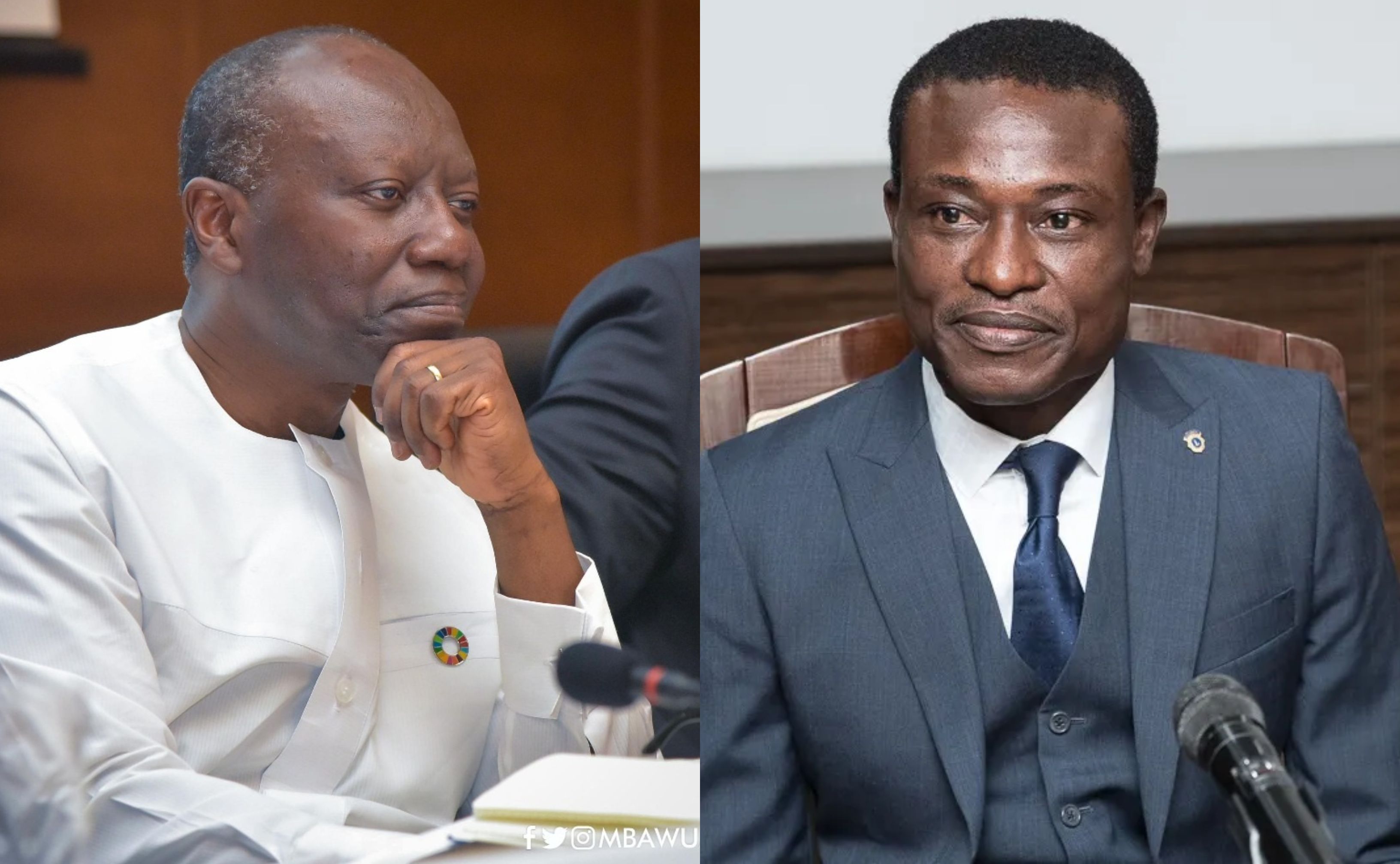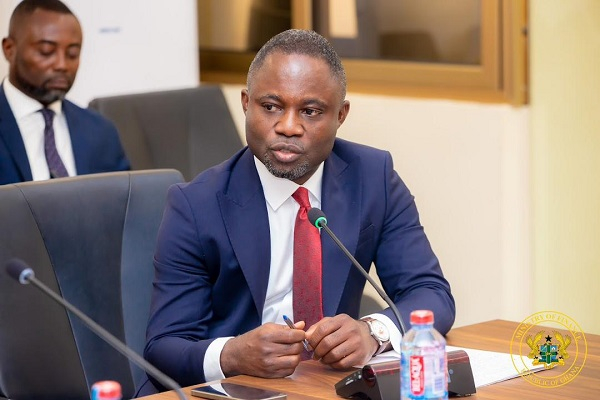Nneka Onyeali-Ikpe, managing director and chief executive officer (CEO) of Fidelity Bank Plc
Onyeali-Ikpe was reportedly joined as the third defendant in a suit marked FHC/L/138C/2025 filed by M. B. Abubakar, director of the department of public prosecutions in the office of the AGF.
The eight-count charge, filed in February, also had one Victor Ukutt, Fidelity Bank Plc, and Whoba Ugwunna Ogo as the first, second, and fourth defendants, respectively.
In the case presided over by Ambrose Lewis-Allagoa, the judge of a federal high court in Lagos, the plaintiff accused Onyeali-Ikpe and the other defendants of conspiracy and unlawful conversion of N19 billion belonging to Woobs Resources Limited.
However, in a statement issued on Monday through his spokesperson, Kamarudeen Ogundele, the AGF said the Fidelity Bank CEO had no direct involvement in the alleged fraudulent activities under investigation.
“The attorney-general’s decision to discontinue the criminal charge against Dr. Nneka Onyeali-Ikpe, MD/CEO of Fidelity Bank Plc, is a testament to the office’s commitment to upholding justice and fairness,” the statement reads.
“As the chief law officer of the federation, the AGF has the constitutional power to enter a nolle prosequi, discontinuing a prosecution where it is deemed necessary to prevent a miscarriage of justice.
“This decision followed a careful review of the case, which did not connect Dr. Onyeali-Ikpe to the charge, as she was neither the account officer nor the managing director of the Fidelity Bank when the account used in the alleged scheme of fraud was opened.
“The attorney-general’s decision is guided by the principles of justice, fairness, and the rule of law, and we have every confidence that this decision is in the best interest of justice and the public.
“This decision does not exculpate Fidelity Bank from the allegations contained in the charge, which is still pending before the court, but rather is a demonstration of the attorney-general’s duty to ensure that justice is served.
“We urge the public to allow the legal process to run its course and to refrain from speculation or jumping to conclusions.”











